The property market in the Czech Republic is maintaining steady growth in 2025. The average price per square metre in Prague exceeded CZK 130,000. At the same time, demand from foreigners increased by 14%, especially in tourist and university cities – Brno, Olomouc, Karlovy Vary. And if you are also interested in this region, read the article further – we will tell you how to buy a flat in the Czech Republic for a foreigner.
What foreigners are allowed in the Czech Republic
Since 2009, Czech law has allowed EU citizens to purchase property without restrictions. Persons from third countries (including the CIS) are also free to buy properties for personal ownership as long as they do not violate the Foreign Investment Control Act. Only a passport, tax number and proof of source of funds will be required.
In 2025, the procedure is regulated by the country’s Civil Code and does not require additional authorisations. The purchase of real estate in the Czech Republic is accompanied by a standard transaction with notarisation and registration in the Cadastre.
City or resort: where to buy favourably
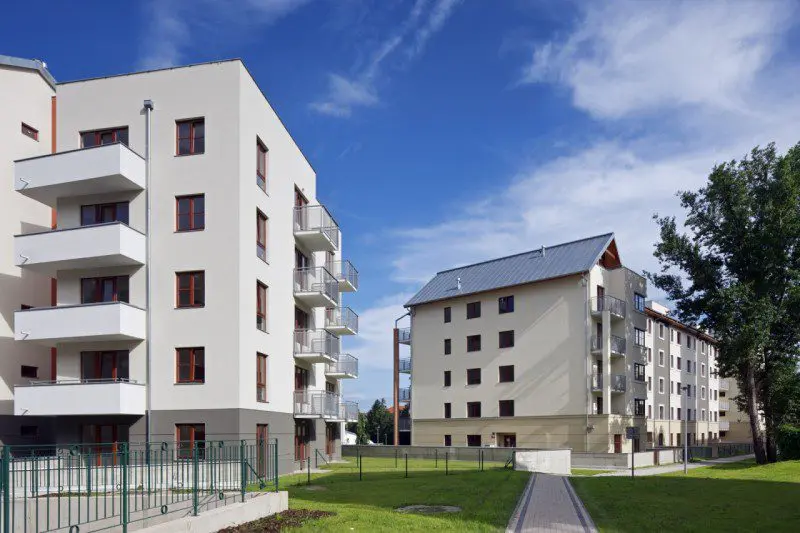 Location affects not only the price of the flat, but also the potential for capital growth. The difference between cities can be as much as 40% in price per square metre with a similar level of comfort.
Location affects not only the price of the flat, but also the potential for capital growth. The difference between cities can be as much as 40% in price per square metre with a similar level of comfort.

Buying a flat in the Czech Republic in 2025 offers a wide range of choices in terms of price, metre and prospects:
- Prague – business centre, studios from CZK 4.5 million, highly liquid properties with yields up to 6% per annum.
- Brno – technology cluster, active rental market, one-bedroom flats from CZK 3.2 million.
- Karlovy Vary – spa segment, relevant for long-term investments, housing from CZK 2.9 million.
- Plzeň, Ostrava, Liberec – cities with developing infrastructure, ideal for initial investment.
How to buy a flat in the Czech Republic for a foreigner, if the budget is limited – pay attention to the secondary market or houses with history without repair. Such objects are 15-25% cheaper than new buildings.
How to buy a flat in the Czech Republic for a foreigner: preparation of documents
The list of documents remains universal. The transaction is accompanied by a standard legal package:
List of documents:
- Passport with notarised translation.
- Identification number (Rodné číslo) – issued by the tax office.
- A contract of sale (Kupní smlouva) signed by both parties.
- Power of Attorney (if a representative is involved), also translated and certified.
- Extract from the property cadastre (výpis z katastru).
- Confirmation of payment of advance or full amount.
- Reference from a bank or mortgage institution if you have a loan.
- State fees paid (0.01% of the amount, minimum CZK 500).
Registration in the cadastre takes 20-30 days. Once the data is entered, the flat in the Czech Republic for non-residents officially becomes property.
Visa, residence permit and permanent residence permit: does buying a home have an impact?
How can a foreigner buy a flat in the Czech Republic and get a visa or residence permit? The mere fact of owning a property does not give an automatic basis for a residence permit in the country. The asset improves the image of the investor. When applying for residence permit or residence permit in the Czech Republic, the presence of housing is considered as a stable connection with the state.

In practice, if an applicant invests CZK 5 million or more in property and has rental income, he or she will receive an advantage when applying for a residence permit on business grounds.
Mortgage
Foreigners in 2025 continue to use local banks’ mortgage programmes. How to buy a flat in the Czech Republic for a foreigner with a loan – apply to institutions with international practice:
- Czech Savings Bank.
- Commercial Bank.
- CSOB.
Terms and Conditions:
- rate from 5.3 per cent per annum;
- down payment – from 30 per cent;
- a term of up to 30 years.
The bank requires a regular income (domestic or foreign), credit history and tax residency registration. Foreigners most often use financing for properties in Prague and Brno, where the value of housing exceeds CZK 4 million.
How to buy a flat in the Czech Republic for a foreigner: the course of the transaction
The process of buying a home in the Czech Republic demonstrates high legal transparency and stability at every stage. All actions are organised in a clear structure that eliminates risks and uncertainties.
The transaction is formalised in a consistent manner:
- Selection of the object with further legal verification – analysing the property history, encumbrances and debts.
- Conclusion of a preliminary contract and advance payment – the standard amount is 10% of the cost of housing.
- Signing of the main sale and purchase agreement with fixing of payment terms and transfer terms.
- Certifying documents with a notary and submitting an application to the cadastral chamber for registration of the transfer of rights.
- Transfer of the balance to the seller’s account or a lawyer’s deposit (advokátní úschova) for added security.
- Handing over the keys and drawing up an acceptance certificate with fixing the condition of the object.
The procedure can be completed in four to six weeks in the standard course of registration. Legal support costs 1-1.5% of the property value, notary services cost about 0.5%. Additional costs may include translation of documents and consultations for international settlements.
Taxes
When buying a flat in the Czech Republic, there is no acquisition tax from 2020. The buyer pays:
- stamp duty for registration – approximately CZK 500;
- annual property tax – CZK 500-5,000 depending on the area and region;
- possible tax on rental income – 15% for residents, 35% for non-residents.
All amounts are subject to declaration. The Tax Service strictly controls transactions, especially those involving offshore accounts.
Housing as an investment: a growing trend
Flats in the Czech Republic for foreigners are becoming increasingly popular for investment. The average rental yield is 4.5 per cent per annum, up to 7 per cent in Prague and Brno. In 10 years, house prices have increased by 98%, especially in the Vinohrady, Karlin and Andel districts.
There is a steady trend towards purchasing properties and then organising long-term leases through professional agencies. The minimum entry fee starts from CZK 2.5 million.
Conclusions
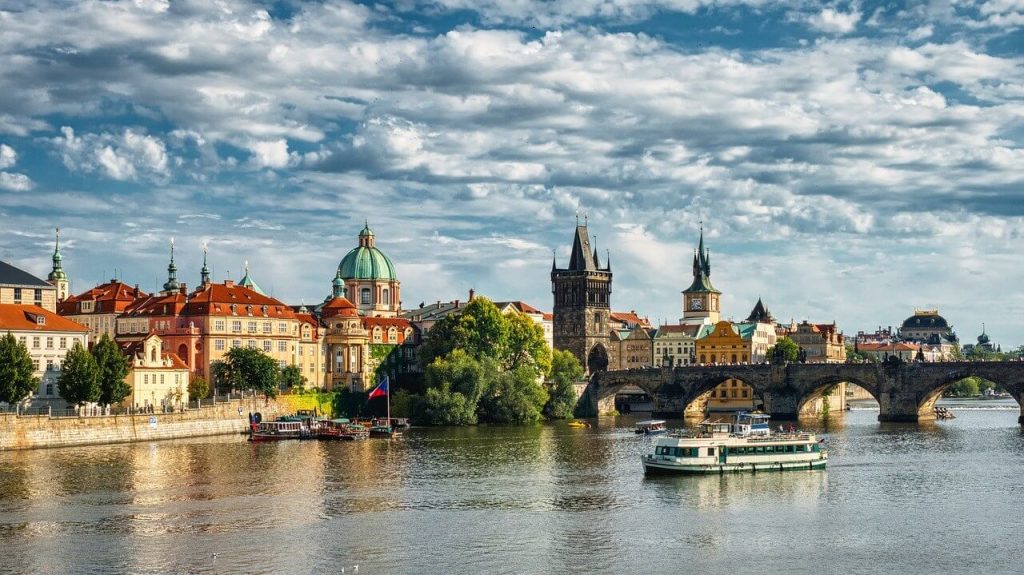 It is no more difficult for a foreigner to buy a flat in the Czech Republic than it is to sign a lease in Berlin. A clear procedure, a stable legal framework, favourable investment conditions and complete transparency make the property market attractive for both living and business.
It is no more difficult for a foreigner to buy a flat in the Czech Republic than it is to sign a lease in Berlin. A clear procedure, a stable legal framework, favourable investment conditions and complete transparency make the property market attractive for both living and business.

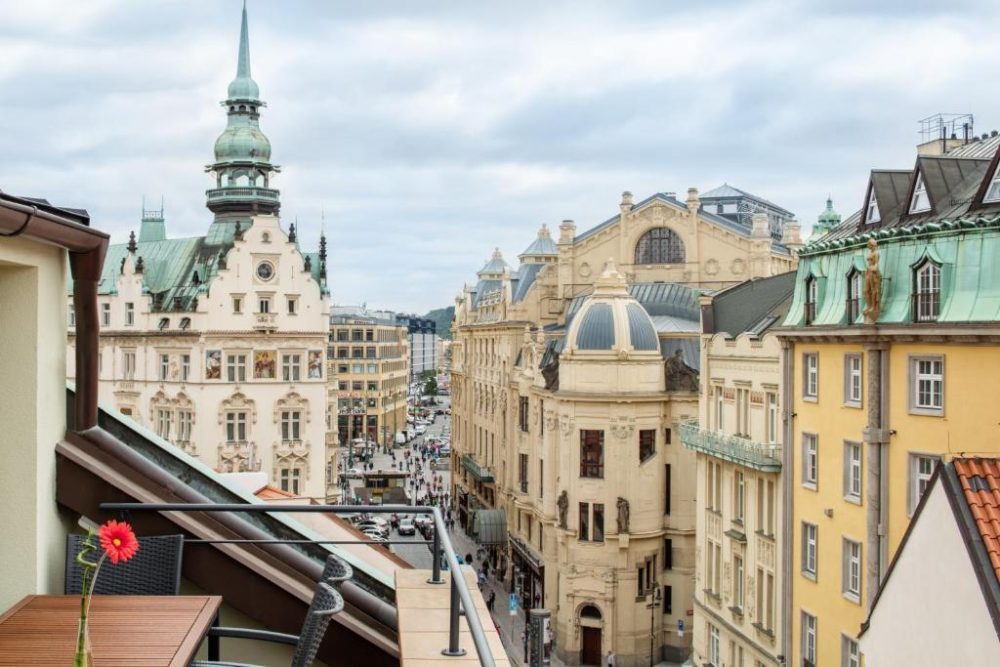

 Properties in the country offer more than just Prague. Three areas with growth potential have been identified for 2025:
Properties in the country offer more than just Prague. Three areas with growth potential have been identified for 2025:
 This article is a complete guide to buying property in the Czech Republic in 2025. It is a short but important path to a stable investment in a transparent and reliable legal system.
This article is a complete guide to buying property in the Czech Republic in 2025. It is a short but important path to a stable investment in a transparent and reliable legal system.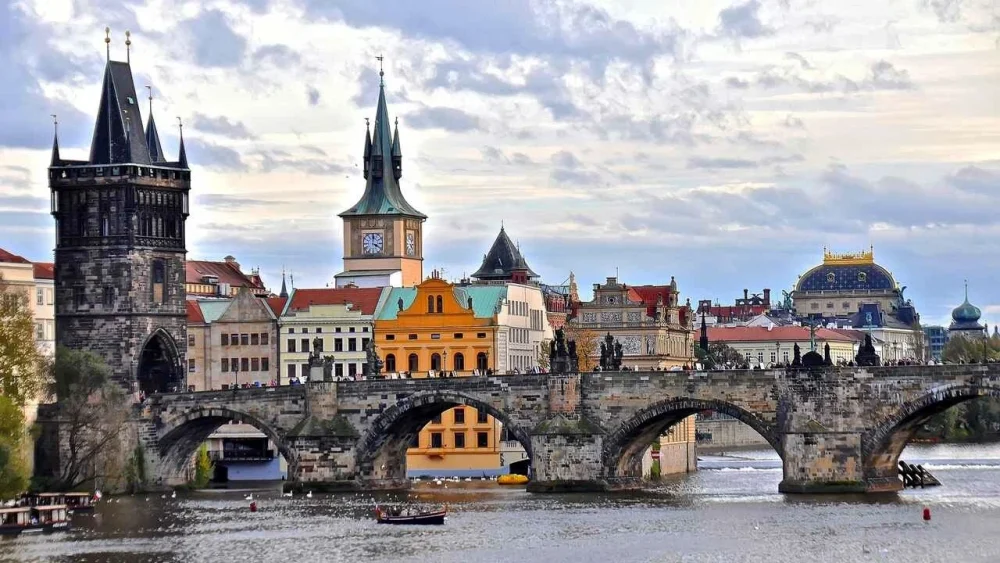
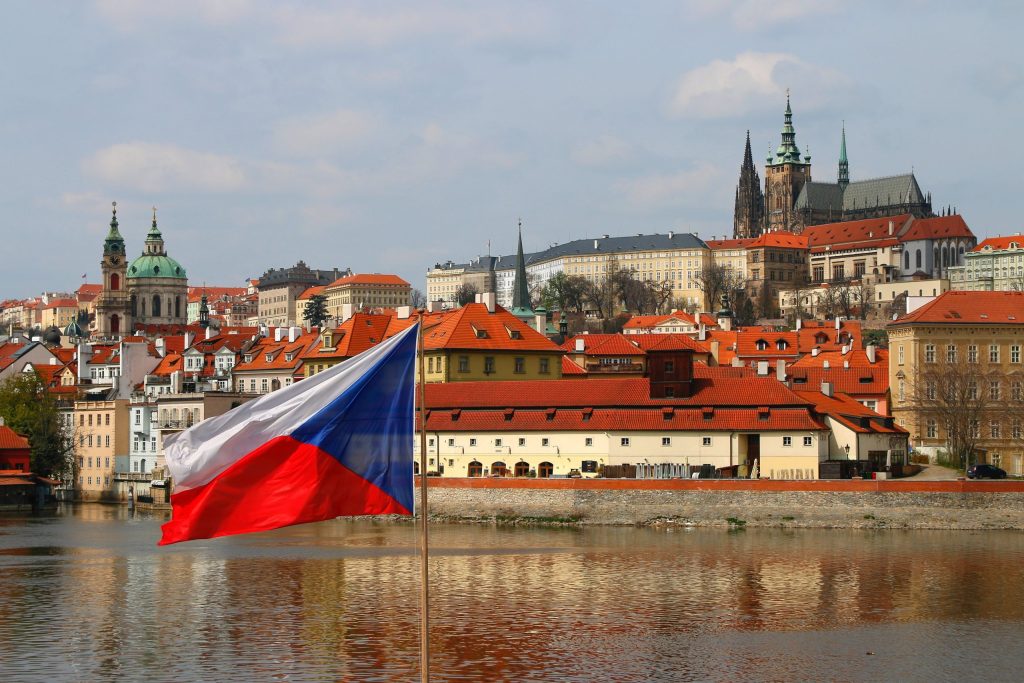 The labour market opens up completely. The Czech passport allows you to work directly for international companies in Germany, Austria, France and other countries, without quotas or permits. This removes most bureaucratic barriers and increases competitiveness in the market.
The labour market opens up completely. The Czech passport allows you to work directly for international companies in Germany, Austria, France and other countries, without quotas or permits. This removes most bureaucratic barriers and increases competitiveness in the market.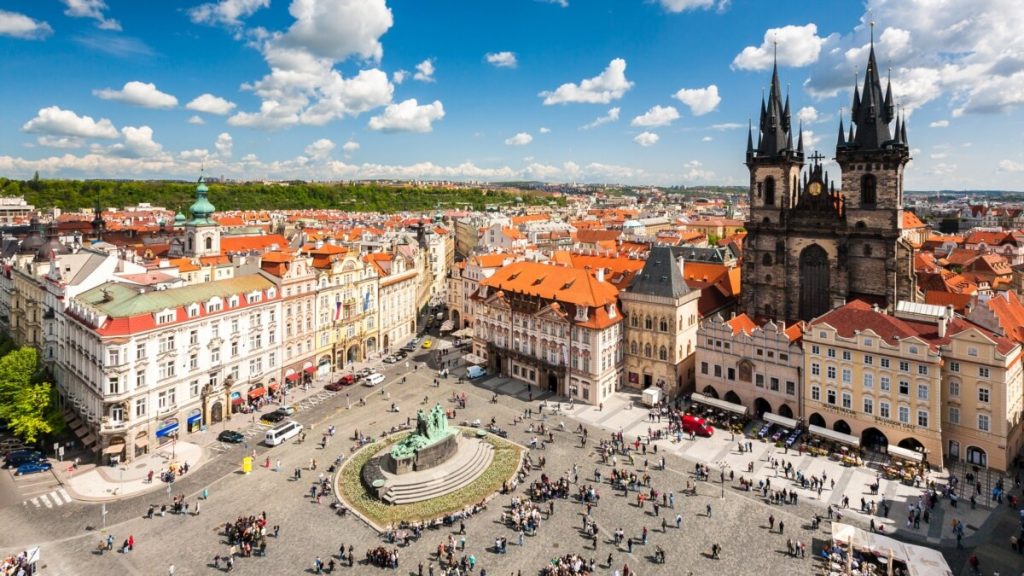 The formalisation of the civil status of the Czech Republic is no longer just a legal status. It becomes a tool for a comfortable, stable and promising life in the very centre of Europe. The practical value of this document is evident in every sphere: from planning a holiday to building an international business. Below are specific areas where the benefits are tangible on a daily basis and in practice.
The formalisation of the civil status of the Czech Republic is no longer just a legal status. It becomes a tool for a comfortable, stable and promising life in the very centre of Europe. The practical value of this document is evident in every sphere: from planning a holiday to building an international business. Below are specific areas where the benefits are tangible on a daily basis and in practice.


